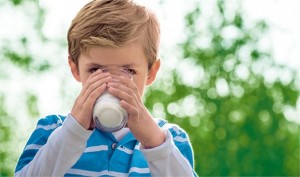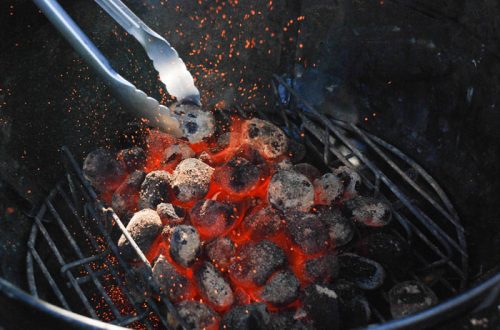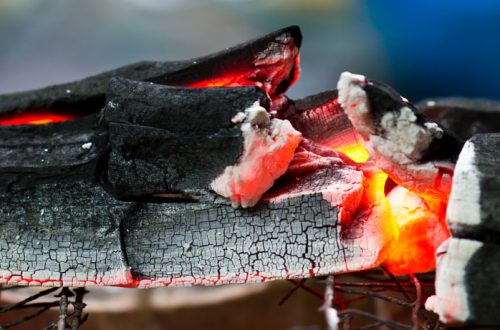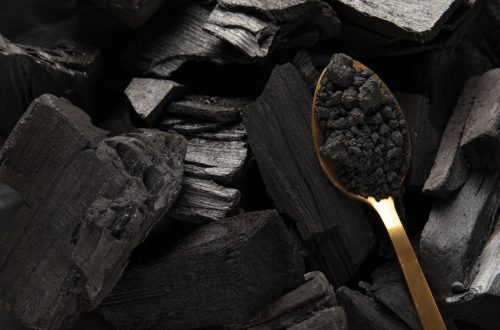Water Solutions – When it comes to TASTE & QUALITY part2

Other solutions for treating your water taste and quality are:
2. Conserve your own water
Whether you are trying to conserve water because your supply is limited or simply you want to save money because you are on metered water rates, there are practical ways to save water. Remember, while some may seem trivial every gallon of water not used means more money in your pocket.
3. Activated Carbon Filters: Making Tap Water Safe and Pleasant
Even though your tap water from a municipal or public water system is treated and safe to drink, it doesn’t guarantee water that is pleasant to drink. Treated drinking water that meets water quality standards can also have an unpleasant taste and smells bad. That can happen when there are odor-causing particulates in the water, such as chlorine, or the water source naturally has an unpleasant taste.
Water filtration treatment generally eliminates bacteria and other contaminants in the water to reduce the exposure to health risks; it does not fully address such things as taste, smell and water clarity. In some cases, there can be unpleasant particulates that remain in treated water.
Solutions for making tap water drinkable or more palatable range from using basic carbon filtration in way carbon-filtered water pitchers, installing a point-of-use faucet filter or a carbon filter at your home’s water point-of-entry. That should address taste, odour and clarity, but it really depends on the design of the carbon filter, whether it’s a single or multi-stage system, as well as the type of carbon filtration.
4. Bottled Water: Be aware
As mentioned earlier, during emergencies, bottled water concerns present no issue because of the practical convenience and essential nature of this drinking water source. And every household should have bottled water in their disaster or emergency kits.
But concerns have been raised regarding bottled water for several reasons. The quality of the water and whether it meets current water quality standards, possible exposure to BPA from the plastic drinking bottles and the recycling of plastic water bottles. There’s also a fourth issue – cost. Bottled water costs are high and this can drain your food budget.


